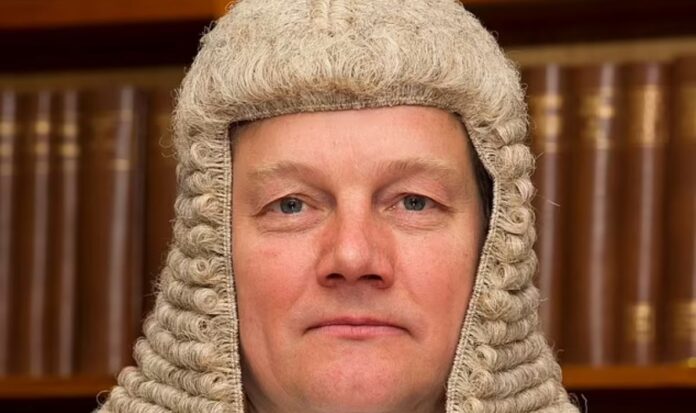Lord Justice Birss said he used ChatGPT to summarise an area of law he was knowledgeable on (Image: Avalon) A judge has admitted to using ChatGPT to write a court ruling, citing it as ‘jolly useful’. Lord Justice Birss said he used ChatGPT to summarise an area of law he was knowledgeable on but stressed it should not be relied on when writing anything you do not already know plenty about. He used the application to write a Court of Appeal ruling and appears to be the first British judiciary to reveal using the service. He was quoted in the Daily Telegraph: ‘I asked ChatGPT can you give me a summary of this area of law, and it gave me a paragraph. ‘I know what the answer is because I was about to write a paragraph that said that, but it did it for me and I put it in my judgment. It’s there and it’s jolly useful. ‘I’m taking full personal responsibility for what I put in my judgment, I am not trying to give the responsibility to somebody else. It was first reported by The Law Society Gazette (Image: Getty) ‘All it did was a task which I was about to do and which I knew the answer to and could recognise as being acceptable.’ First reported by The Law Society Gazette, the judge stressed it was only useful if the user already knew enough about the subject. Earlier in the year fines were slapped on two New York lawyers who faked case citations generated by ChatGPT, causing a debate over the tool’s ‘hallucination problems’ where it makes up incorrect information. This comes after it was reported that experts warned AI could bring about the end of the human race , coming directly from people involved in the development of AI tools, including heads of OpenAI and Google Deepmind. The warning, however, has been criticised as unrealistic. They argue that creators of AI claiming it is capable of wiping out humanity may be a deliberate ploy to make their own technology appear more powerful than it really is.
ChatGPT used to write Court of Appeal ruling as judge admits exploiting AI tool
Sourceexpress.co.uk
RELATED ARTICLES


